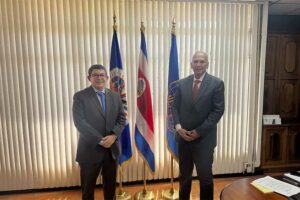United States to support climate resilience through satélite technology
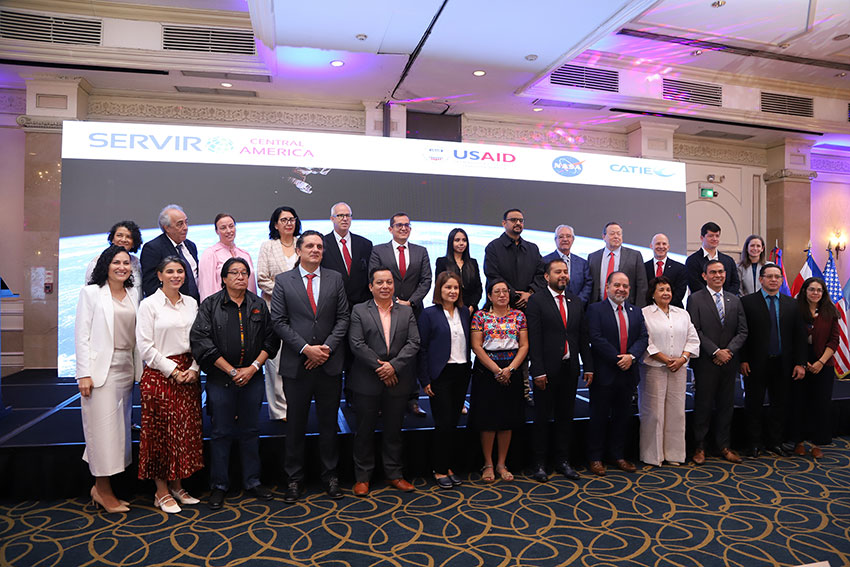
- The launch of the new SERVIR hub in Central America strengthens climate resilience and sustainable resource management in one of the world's most vulnerable regions.
SAN SALVADOR–The United States Government is leading an innovative initiative to strengthen climate resilience in Central America through advanced satellite technology with the launch of the SERVIR Central America regional hub. This effort, which underlines the United States’ commitment to addressing critical environmental challenges, will significantly improve the region’s capacity to respond to climate-related threats and to improve the lives of more than 40 million people.
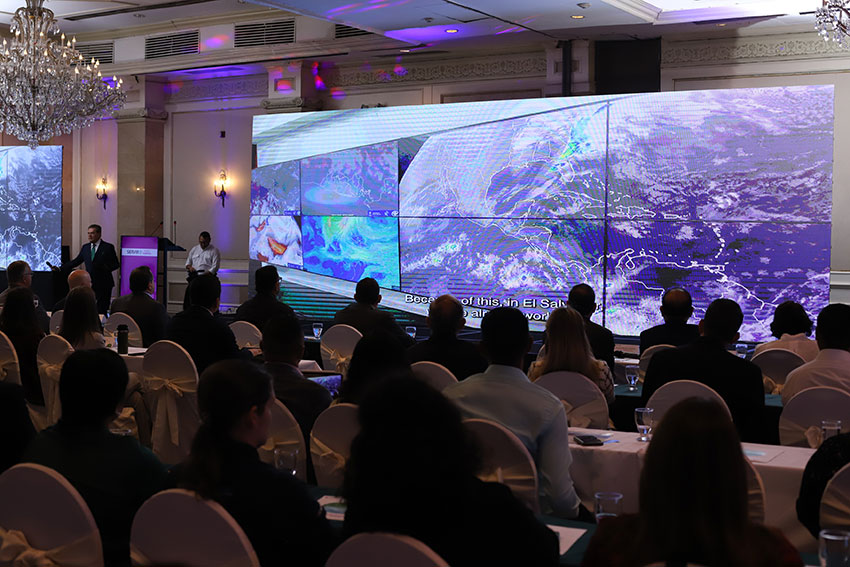
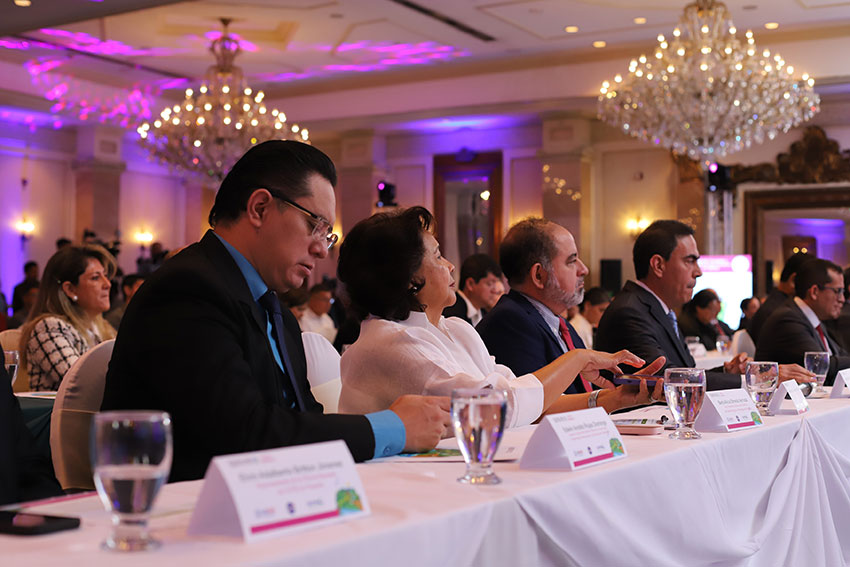
With an estimated investment of $6.6 million through the United States Agency for International Development (USAID) during the period of 2024-2029, SERVIR Central America will provide innovative solutions to urgent environmental problems using satellite data and geospatial technology. This initiative will support evidence-based decision making on local, national, and regional levels, focusing on climate resilience, agriculture and food security, ecosystem and carbon management, air quality, health, and water security, with a strong emphasis on gender equity and social inclusion.
The regional hub, a collaboration between USAID, the National Aeronautics and Space Administration (NASA), and the Tropical Agricultural Research and Higher Education Center (CATIE), will work with institutions, governments, Indigenous communities, and local leaders to ensure that all voices are included in environmental decision making. The hub will also support resilience against increasingly-frequent climate crises, such as hurricanes and droughts, and will address current environmental and socioeconomic challenges, including deforestation, soil erosion, and coastal ecosystem degradation.
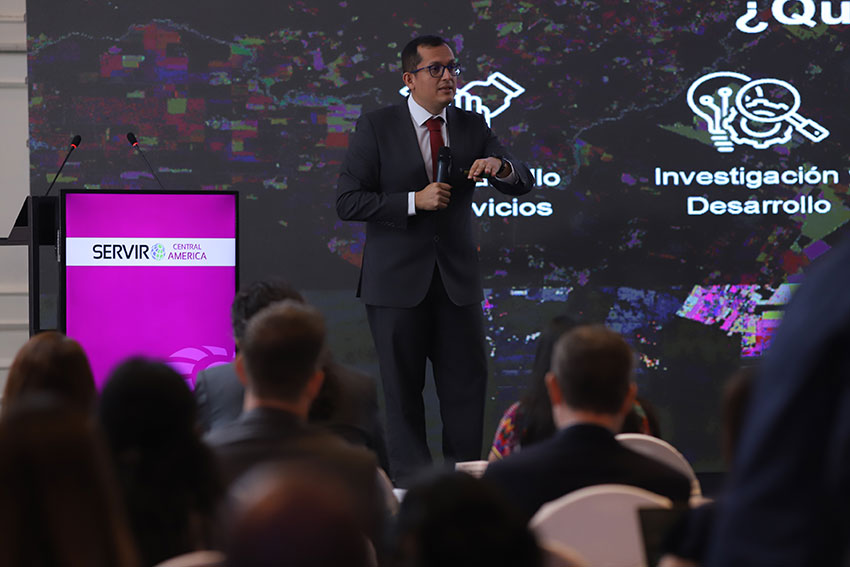

Based in Costa Rica, SERVIR Central America will promote opportunities in Science, Technology, Engineering, and Math (STEM), supporting the use of geospatial technology by youth and other groups with limited access to these tools.
“The launch of SERVIR Central America marks a milestone in the collaboration between space-based technology and Central America's local needs. This initiative represents NASA and USAID’s commitment to putting advanced technology at the service of the region,” said Dan Irwin, SERVIR Global Program Manager.
Central America is the latest addition to the global network of SERVIR, an initiative that has operated in Asia, Africa, and Latin America since 2005.
The launch was chaired by William Duncan, United States Ambassador to El Salvador; Dan Irwin, SERVIR Global Program Manager; Jacqueline Rivera, Director General of the Observatory of Threats and Natural Resources of El Salvador; and Luis Pocasangre, Director General of CATIE.
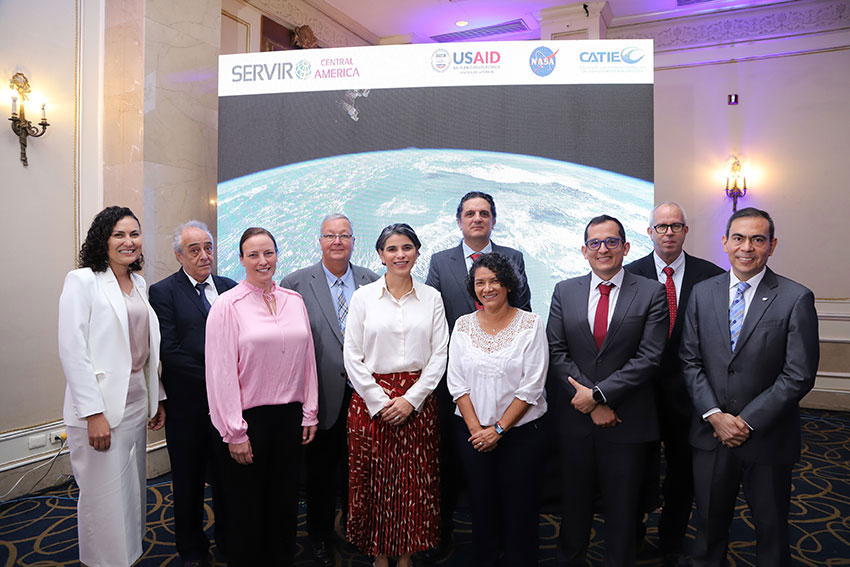

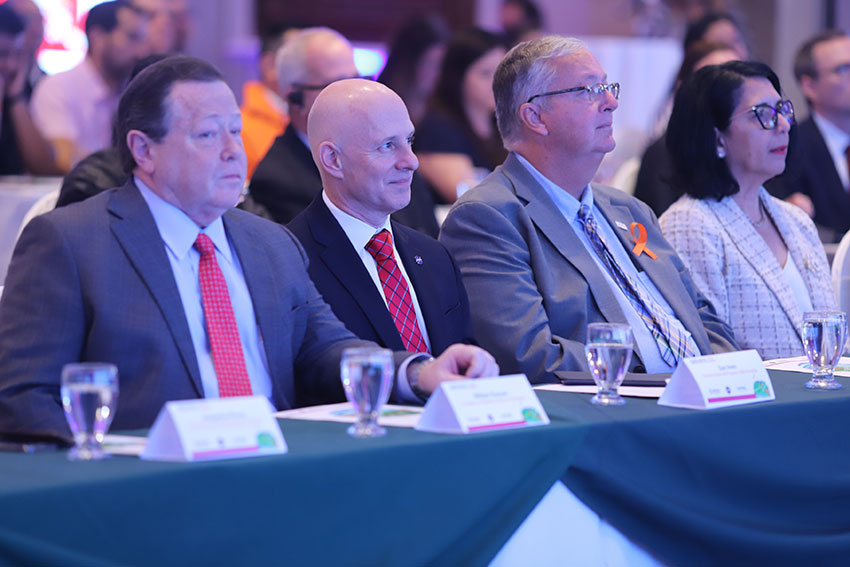
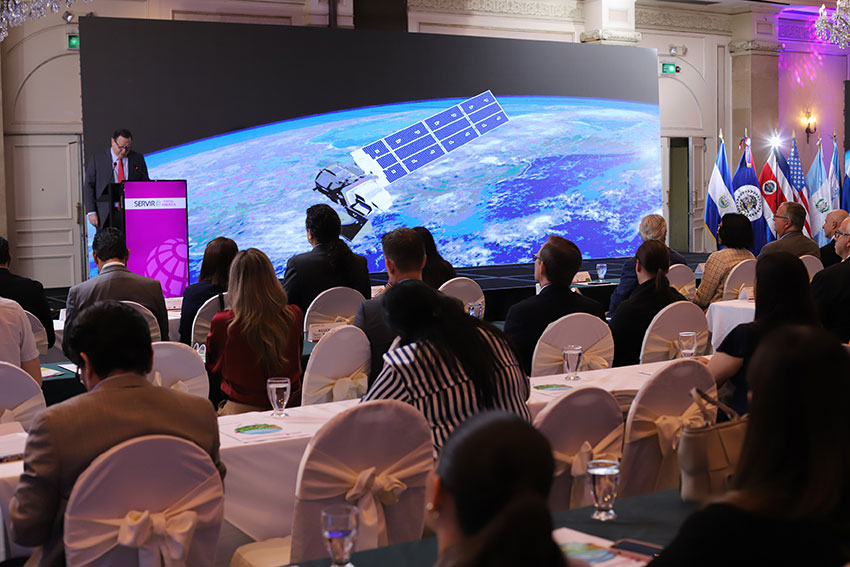
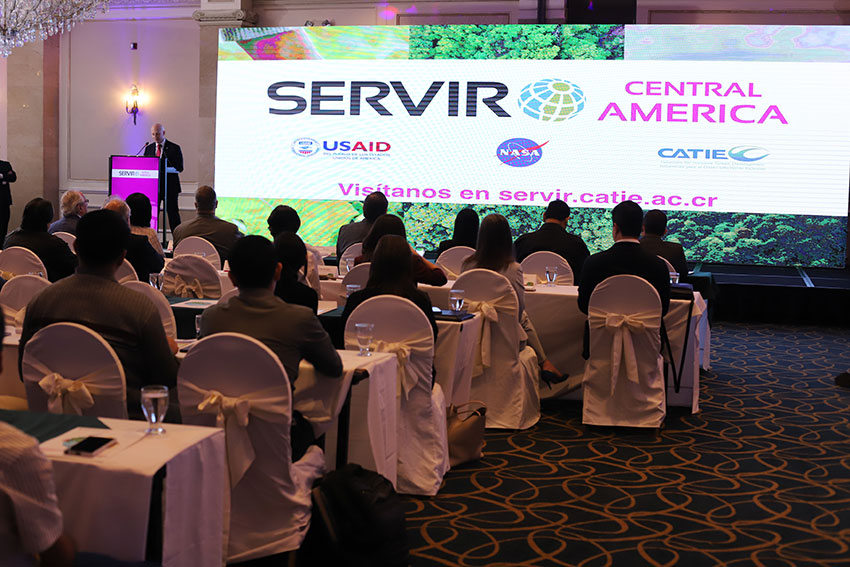
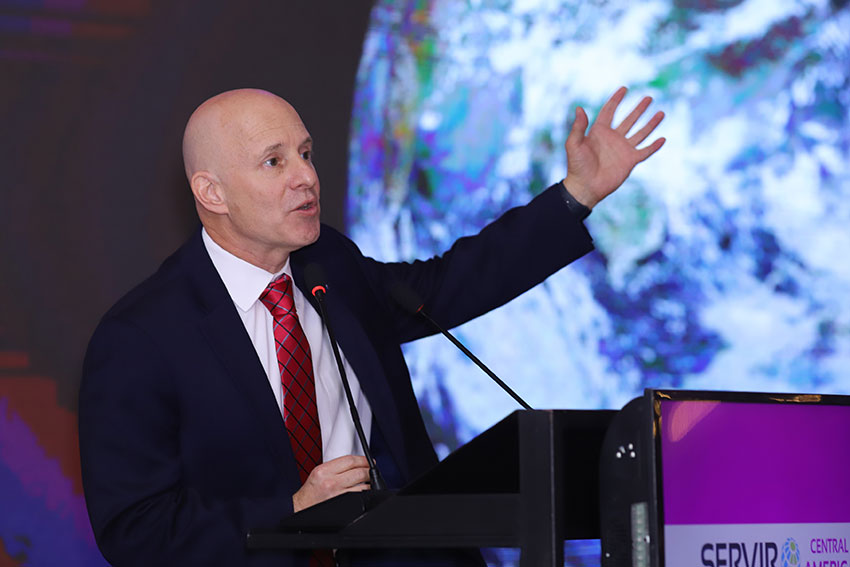
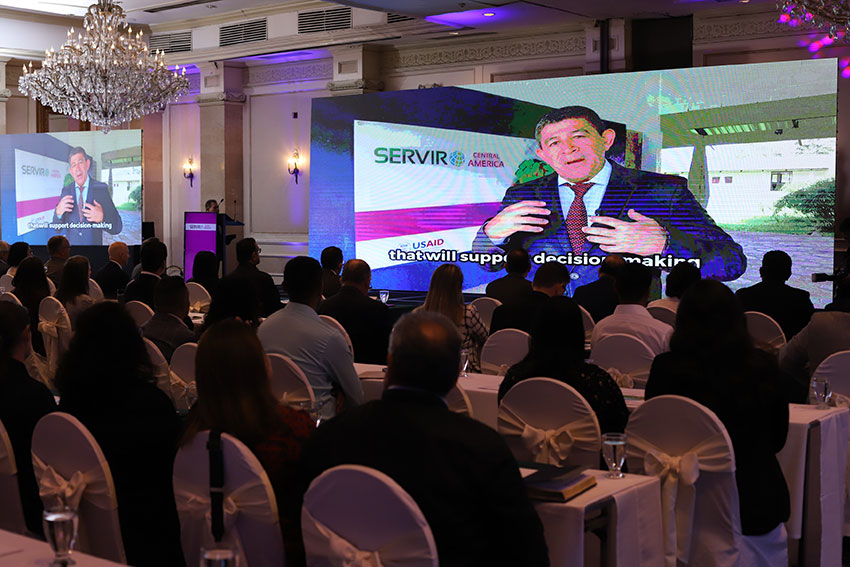
More information:
Karen Azucena, USAID El Salvador, kazucena@usaid.gov
Karla Salazar, CATIE, karla.salazar@catie.ac.cr
Lena Pransky, NASA, SERVIR lena.a.pransky@nasa.gov



